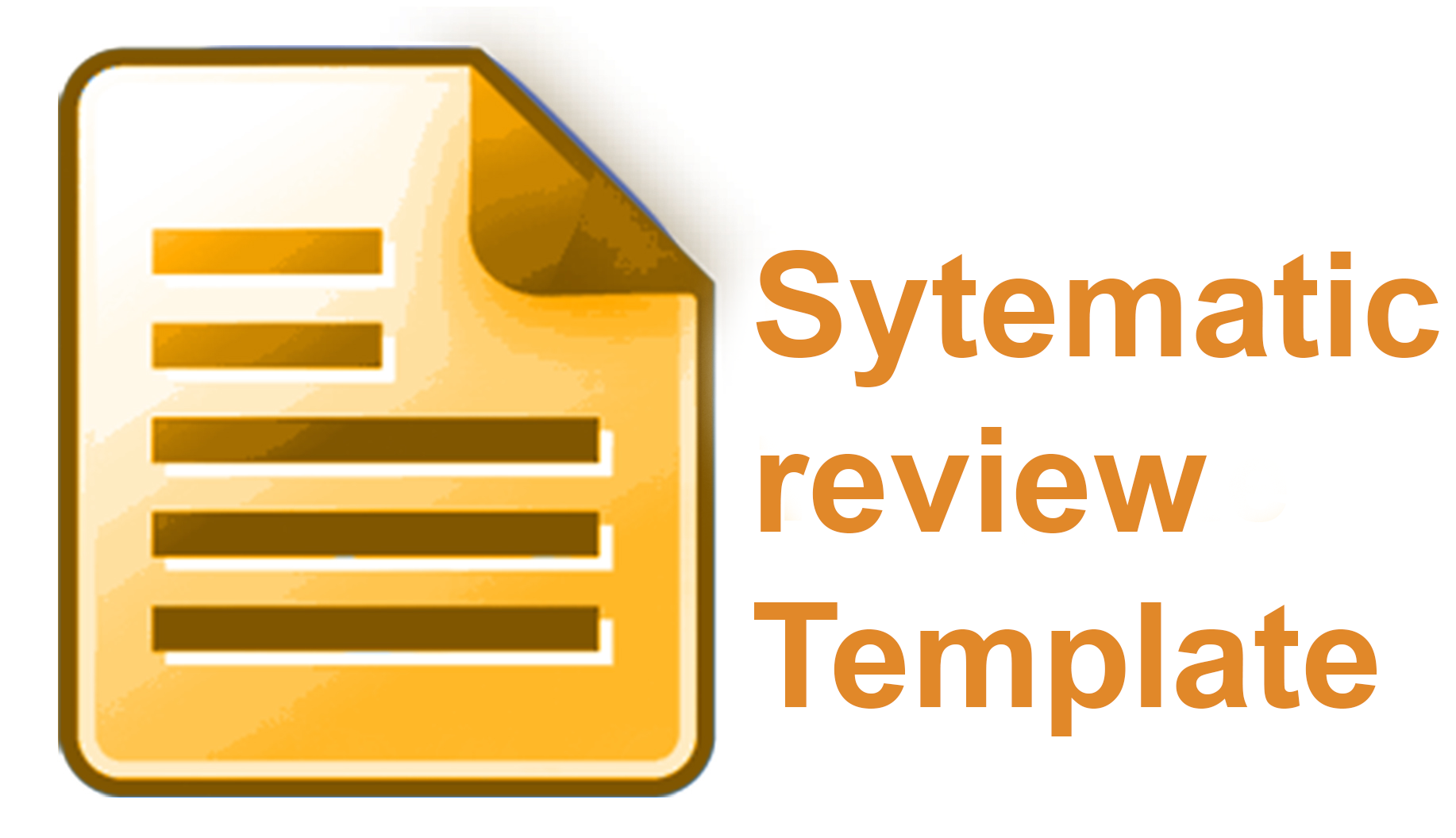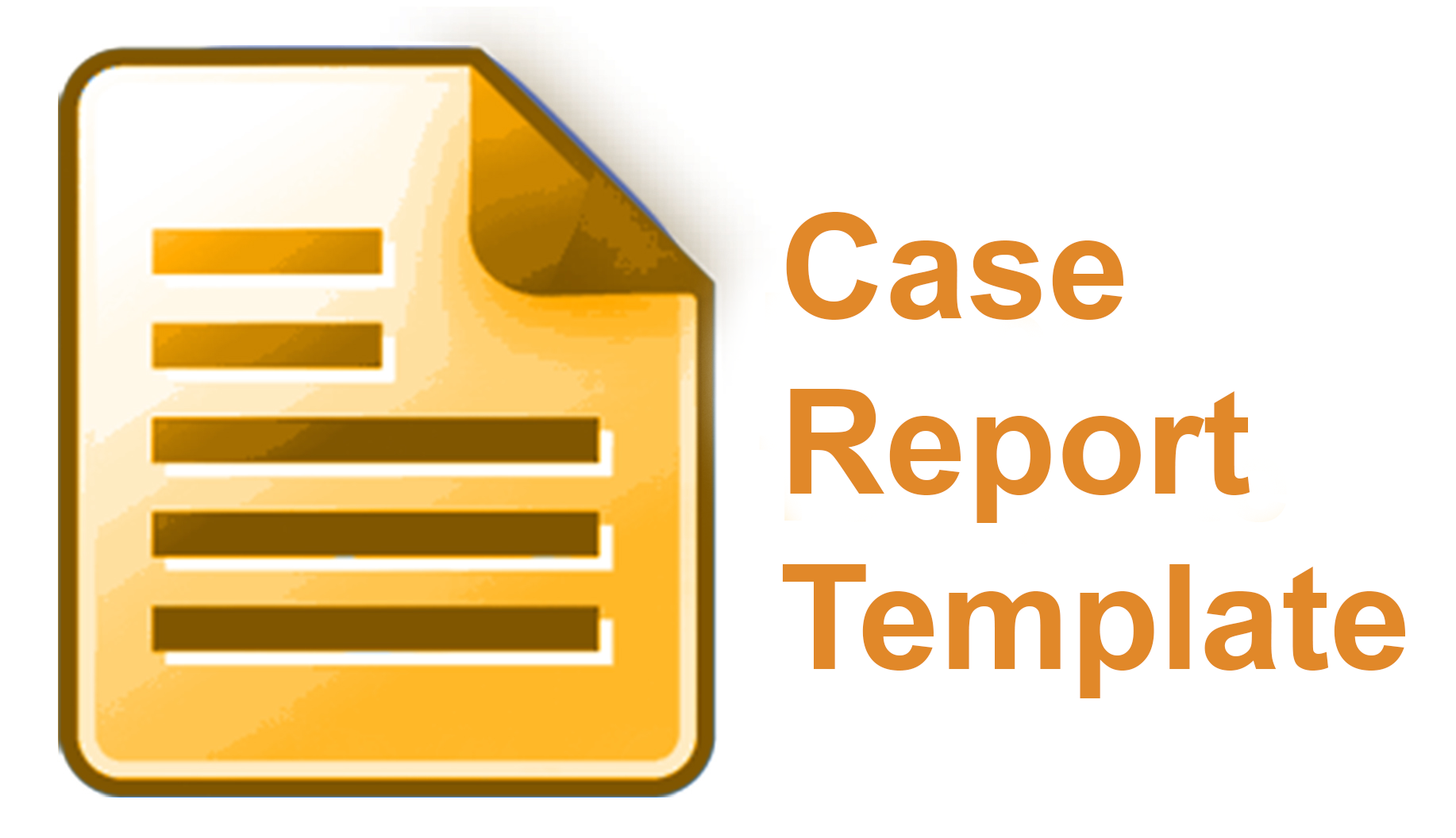The use of digital dental calculator apps as an OHI-S calculation tool: a quasi-experimental
Abstract
ABSTRACT
Introduction: The utilization of applications as a tool for the calculation of dental and oral health indices has not yet been extensively explored. Consequently, researchers have proposed the development of the digital dental calculator application as a rapid and precise medium for the administration of oral health index surveys. Aim of this research is to analyze the use of digital dental calculator apps as an OHI-S calculation tool. Methods: The study design is quasi-experimental with a posttest-only group design. Convenient sampling was employed as the sampling technique, and the selected samples fulfilled the inclusion and exclusion criteria. The inclusion criteria were students of the dental profession at Baiturrahmah University, Indonesia, who were still enrolled in or had passed the periodontics module, while the exclusion criteria were students who did not participate in the full study (manual and digital). Results: The mean time taken to calculate OHI-S calculation results manually was 207.63 seconds, while the mean time taken to calculate the same results using the digital dental calculator application was 67.97 seconds. The results of the Mann-Whitney test indicate that there is a highly statistically significant difference between manual and digital calculations using the application, with a p-value of 0.000 (<0.05). Conclusion: There is a time difference between the use of digital and manual calculations for OHI-S calculations. The findings of this study indicated that the time required to perform OHI-S calculations using digital dental calculator applications was significantly shorter than that required for manual calculations.
KEYWORDS
oral hygiene index simplified (OHI-S), time duration, digital dental calculator
Keywords
Full Text:
PDFReferences
REFERENCES
World Health Organization, Global Strategy on Digital Health 2020-2025,
Mekhemar M, Conrad J, Attia S, Dörfer C. Oral Health Attitudes among Preclinical and Clinical Dental Students in Germany. International Journal of Environmental Research and Public Health. 2020; 17(12):4253. https://doi.org/10.3390/ijerph17124253
Conrads G, About I. Pathophysiology of Dental Caries. In Monographs in Oral Science; S. Karger AG: Basel, Switzerland. 2018; Volume 27. pp. 1–10. ISBN 0077-0892V
Mannaa A, Carlén A, Campus, G, et al. Supragingival plaque microbial analysis in reflection to caries experience. BMC Oral Health. 2013; 13(5). https://doi.org/10.1186/1472-6831-13-5
Akinyamoju, Arianta C, Dairo, Magbagbeola D, Adeoye, Adejoke I, et al. Dental Caries and Oral Hygiene Status: Survey of Schoolchildren in Rural Communities, Southwest Nigeria. Nigerian Postgraduate Med J, 2018; 25(4):p 239-245.https://doi.org/10.4103/npmj.npmj_138_18
Bakhtiar K, Gharouni K, Gharouni B, Bastami F, Almasian M, Hosseintalai, M. DMFT and OHIS Indexs in the Pregnant Mothers: An Explanation Based on the Health Belief Model, J of Com Health Research, 2018; 7(1), 1–10. Retrieved from:https://jhr.ssu.ac.ir/browse.php?a_id=391&sid=1&slc_lang=en&html=1%0Ahttp://jhr.ssu.ac.ir/article-1-391-en.html.
Brahmanta A, Maharani AD, Sena B, Dewantara B, Sigit R, Sukaridhot S, et al. Usability testing of “ smart odontogram ” application based on user ’s experience. 2022; (29), 115–120. https://doi.org/10.24198/pjd.vol34no2.
Ahmed R, Robinson R, Elsony, A, Thomson, R, Bertel Squire, S, Malmborg, R, Burney, P & Mortimer, K, A comparison of smartphone and paper data-collection tools in the Burden of Obstructive Lung Disease (BOLD) study in Gezira state, Sudan, PLoS ONE, 2018,13(3), 1–15, https://doi.org/10.1371/journal.pone.0193917.
Motloba P.D., Ncube O., Makwakwa L.N., Machete M.L.. Patient waiting time and satisfaction at a Tertiary Dental School. S. Afr. dent. J. 73( 6 ): 400-405. http://dx.doi.org/10.17159/2519-0105/2018/v73no6a3.
Adekanye A, Adefemi S, Okuku A, et al. Patients' satisfaction with the healthcare services at a north central Nigerian tertiary hospital. Nigerian J of Med. 2013;22(3):218-24. https://pubmed.ncbi.nlm.nih.gov/24180151/
Akbar FH, Samad R, Pasiga BD, Pratiwi R, Anwar AI, Djamaluddin N et al. Influence of waiting times in dental offices towards patient satisfaction and evaluations of patient/provider relationships in Bantaeng District, South Sulawesi, Indonesia, 2018. J of Int Dent and Medl Research. 2019;12(2):682-687. https://scholar.unhas.ac.id/en/publications/influence-of-waiting-times-in-dental-offices-towards-patient-sati
Radeef, AS & Faisal GG. Stressors and their association with symptoms of depression, anxiety and stress in dental students. Makara J of Health Research. 2018, 22(2).https://doi.org/10.7454/msk.v22i2.9064
Zeleke, AA, Worku, AG, Demissie, A, Sobotka FO, Wilken M, Lipprandt M, et al. Evaluation of Electronic and Paper-Pen Data Capturing Tools for Data Quality in a Public Health Survey in a Health and Demographic Surveillance Site, Ethiopia: Randomized Controlled Crossover Health Care Information Technology Evaluation, JMIR MHealth and UHealth. 2019 7(2). https://, doi.org/10.2196/10995
Nagarajappa S & Vyas S. Smartphone Assisted Oral Health Data Recording - An Android Based Software Application Development. Medicine and Pharmacy Reports. 2021, 4(3), 333–340, https://doi.org/10.15386/MPR-1467.
Hasan MR, Ibrahimy MI, Motakabber SMA, Ferdaus MM, Khan MNH, Mostafa MG. Development of a Web-based financial application System. In IOP Conference Series: Materials Science and Engineering. 2013; Vol. 53, No. 1, p. 012080. IOP Publishing.https://iopscience.iop.org/article/10.1088/1757-899X/53/1/012080
Njuguna HN, Caselton DL, Arunga GO, Emukule GO, Kinyanjui DK, Kalani RM, et al. A Comparison of Smartphones to Paper-Based Questionnaires For Routine Influenza Sentinel Surveillance, Kenya, 2011-2012, BMC Medical Informatics and Decision Making, 2014,14(1), https://doi.org/10.1186/s12911-014-0107- 5.
Daniolou, S., Rapp, A., Haase, C., Ruppert, A., Wittwer, M., Pappagallo, A. & Ienca, M. (2021). Digital predictors of morbidity, hospitalization, and mortality among older adults: a systematic review and meta-analysis. Frontiers in Digital Health, 2. https://doi.org/10.3389/fdgth.2020.602093
Haikal, H., Rachmani, E., Nugroho, B., Iqbal, M., Prasetya, J., & Nugroho, S. (2023). Digital health literacy competencies of students in faculty of health science. Disease Prevention and Public Health J, 17(1), 39-46. https://doi.org/10.12928/dpphj.v17i1.6448
Kim, H. (2024). Development and validation of a mobile-centered digital health readiness: health literacy and equity scale (mdihers) (preprint). https://doi.org/10.2196/preprints.58497
König, L. (2024). Digital health literacy of the population in germany and its association with physical health, mental health, life satisfaction, and health behaviors: nationally representative survey study. Jmir Public Health and Surveillance, 10, e48685. https://doi.org/10.2196/48685
Liu, S., Zhao, H., Fu, J., Kong, D., Zhong, Z., Yan, H. & Luo, Y. (2022). Current status and influencing factors of digital health literacy among community-dwelling older adults in southwest china: a cross-sectional study. BMC Public Health, 22(1). https://doi.org/10.1186/s12889-022-13378-4
Park, E. and Kwon, M. (2021). Testing the digital health literacy instrument for adolescents: cognitive interviews. J of Medl Int Research, 23(3), e17856. https://doi.org/10.2196/17856
Woods, L., Eden, R., Pearce, A., Wong, Y., Jayan, L., Green, D., … & Sullivan, C. (2022). Evaluating digital health capability at scale using the digital health indicator. Applied Clinical Informatics, 13(05), 991-1001. https://doi.org/10.1055/s-0042-1757554
Yoon, J., Lee, M., Ahn, J., Oh, D., Shin, S., Chang, Y., … & Cho, J. (2022). Development and validation of digital health technology literacy assessment questionnaire. J of Med Systems, 46(2). https://doi.org/10.1007/s10916-022-01800-8
Zangger, G. (2024). Association between digital health literacy and physical activity levels among individuals with and without long-term health conditions: data from a cross-sectional survey of 19,231 individuals. Digital Health, 10. https://doi.org/10.1177/20552076241233158
Towbin, A. and Hawkins, C. (2017). Use of a web-based calculator and a structured report generator to improve efficiency, accuracy, and consistency of radiology reporting. J of Digital Imaging, 30(5), 584-588. https://doi.org/10.1007/s10278-017-9967-4
Elias, P., Khanna, R., Dudley, A., Davies, J., Jacolbia, R., McArthur, K., … & Auerbach, A. (2017). Automating venous thromboembolism risk calculation using electronic health record data upon hospital admission: the automated padua prediction score. J of Hospital Medicine, 12(4), 231-237. https://doi.org/10.12788/jhm.2714
Alhazmi, N. (2024). Accuracy of and dental students’ preferences toward manual and digital cephalometric landmark identification: a randomized cross‐over study. J of Dent Edu. https://doi.org/10.1002/jdd.13471
Sussman, A., Taylor, E., Patel, M., Ward, J., Alva, S., Lawrence, A. & Ng, R. (2012). Performance of a glucose meter with a built-in automated bolus calculator versus manual bolus calculation in insulin-using subjects. Journal of Diabetes Science and Technology, 6(2), 339-344. https://doi.org/10.1177/193229681200600218
Kitae, A., Kimura, T., Munekawa, C., Hosomi, Y., Osaka, T., Kitagawa, N., & Fukui, M. (2021). Development of application to automatically calculate mean amplitude of glycaemic excursions using intermittently scanned continuous glucose monitoring data. Diabetes Obesity and Metabolism, 23(9), 2155-2160. https://doi.org/10.1111/dom.14457
Brunner, B., Luft, N., Priglinger, S., Shajari, M., Mayer, W., & Kassumeh, S. (2022). Saving of time using a software-based versus a manual workflow for toric intraocular lens calculation and implantation. Journal of Clinical Medicine, 11(10), 2907. https://doi.org/10.3390/jcm11102907
Mohammed HT, Bartlett RL, Babb D, Fraser RDJ, Mannion D. A time motion study of manual versus artificial intelligence methods for wound assessment. PLoS One. 2022 Jul 28;17(7). https://doi.org/10.1371/journal.pone.0271742
DOI: https://doi.org/10.24198/pjd.vol36no2.52851
Refbacks
- There are currently no refbacks.
 All publications by the Universitas Padjadjaran [e-ISSN: 2549-6212, p-ISSN: 1979-0201] are licensed under a Creative Commons Attribution-ShareAlike 4.0 International License .
All publications by the Universitas Padjadjaran [e-ISSN: 2549-6212, p-ISSN: 1979-0201] are licensed under a Creative Commons Attribution-ShareAlike 4.0 International License .






.png)
